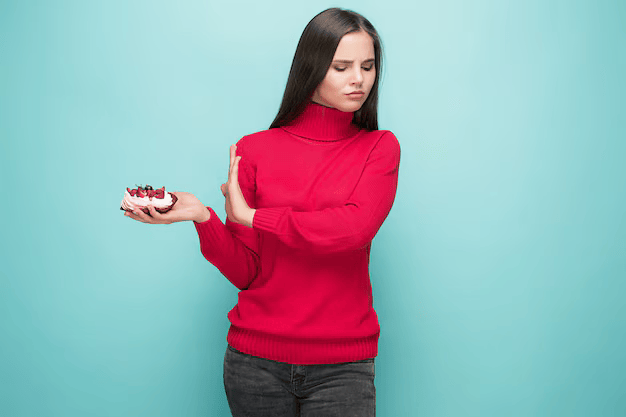Menstruation can bring a degree of symptoms, from bloating and cramps to mood swings and fatigue. While numerous of these symptoms are normal, what you eat during your period can cause them better or worse. Certain foods may worsen discomfort, increase bloating, or even lead to heavier bleeding. To help make your menstrual cycle more manageable, it’s crucial to know which foods to dodge during menstruation.
Here’s a guide to the foods you should steer clear of during menstruation and why they can impact your convenience and health.
Salty Foods
Salt is one of the greatest culprits when it comes to bloating and water retention, two everyday issues women face during menstruation. Consuming too much salt can force your body to hold onto excess water, leading to more bloating and making cramps feel more alarming. To reduce these uncomfortable symptoms, try to avoid highly processed and salty foods like chips, canned soups, and fast food. Opt for fresh, whole foods instead, and use herbs and spices as flavor choices.
Caffeinated Beverages
Caffeine can make menstrual signs, especially cramps, more intense. Caffeine constricts blood vessels, which can decline blood flow to the uterus, worsening period cramps. Additionally, caffeine can increase anxiety, irritability, and sleep disorders, all of which can make you feel worse during menstruation. To avoid these issues, limit your input of coffee, tea, energy drinks, and even chocolate during your period.
Sugary Foods
While you may crave sweets during your period, drinking too much sugar can cause blood sugar spikes observed by crashes. These rapid changes in blood sugar can lead to mood swings, fatigue, and headaches, all of which are already familiar during menstruation. High sugar intake also increases hives in the body, which can worsen cramps. Rather than reaching for sugary treats, try to help your cravings with naturally sweet options like fruit, which provides fiber and nutrients.

Fatty and Fried Foods
Fatty foods, specifically those high in unhealthy trans fats and saturated fats, can boost estrogen levels in the body. Elevated estrogen levels can lead to heavier and more painful periods. Foods like fried chicken, french fries, and processed snacks not only contribute to weight gain but can also worsen symptoms like bloating and cramps during menstruation. To avoid this, concentrate on healthy fats like those found in avocados, nuts, and seeds.
Dairy Products
Although dairy products are a great start of calcium, they can also contain arachidonic acid, which has been linked to increased cramping. Consuming too much milk, cheese, or yogurt during menstruation may make your cramps more menacing. If you find that dairy products aggravate your symptoms, try switching to plant-based alternatives like almond milk or coconut yogurt during your period.
Processed Foods
Highly processed foods like packaged snacks, frozen meals, and sugary cereals are often crowded with unhealthy fats, salts, and sugars. These ingredients can increase hives and worsen period symptoms like bloating and cramps. Processed foods are also low in nutrients, which can leave you feeling more fatigued and grumpy during menstruation. To combat these effects, aim to eat fresh, whole foods like fruits, vegetables, and lean proteins during your period.
Close The foods you consume during menstruation play a crucial role in how you feel. By avoiding salty, sugary, and processed foods, as well as cutting back on caffeine and harmful fats, you can help reduce bloating, cramps, and mood swings. Rather, focus on a balanced diet rich in fruits, vegetables, whole grains, and healthy fats to help your body manage your symptoms more effectively during your period.







